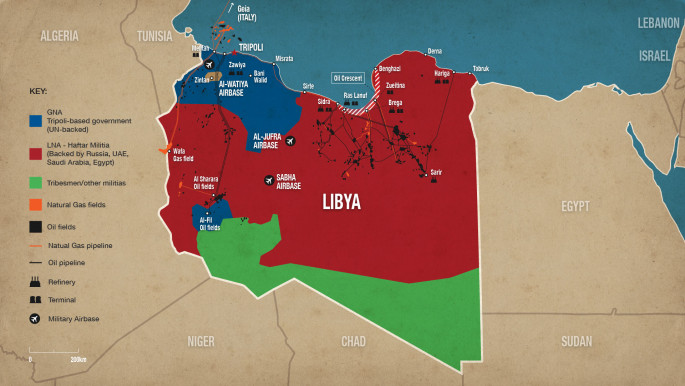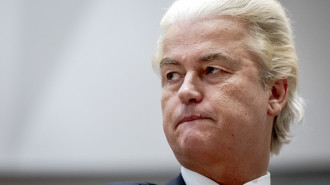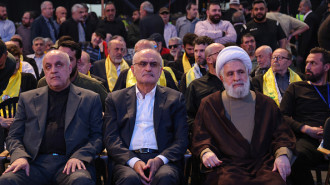UN chief set to name new Libya envoy following months of delays
UN Secretary General Antonio Guterres intends to name a new envoy to Libya almost one year after the previous UN envoy stepped down, Reuters reported on Thursday.
A letter sent to the UN Security Council and seen by Reuters said that Guterres plans to appoint former Slovakian foreign minister Jan Kubis to the position.
The post has remained vacant for nearly a year, following the departure of Ghassan Salame, and disagreement between the members of the Security Council.
The appointment is set to be confirmed on Friday evening, unless objections are raised in the 15-member council.
Jan Kubis has previously worked as the UN special coordinator for Lebanon and the UN special envoy in Afghanistan and Iraq.
The position opened when Salame stepped down in March 2020, citing stress. In his place, his former deputy Stephanie Williams has been serving as acting Libya envoy.
Kubis is the second individual put forward for the post by Guterres, after Bulgarian diplomat Nickolay Mladenov turned down the role for “personal and family reasons.”
The proposed appointment follows months of disagreement on the Security Council.
The US has pushed the UN to divide the position into two roles, with one appointee running the UN political mission and another special envoy focusing on mediation between Libya's factions.
The council agreed to the proposed split in September.
The original appointment of Mladenov was delayed when some council members insisted that first a replacement be found for his then role as UN mediator between Israel and the Palestinians.
Norwegian Tor Wennesland was named as the new mediator for the Palestinian-Israeli conflict in December 2020.
Read more: What does the future hold for Haftar and the Libyan National Army?
Libya has been in conflict since 2014, when rogue General Khalifa Haftar first attempted a coup and then launched "Operation Dignity" against rival militias in the eastern city of Benghazi.
In 2019, Haftar launched an assault on the Libyan capital Tripoli but his forces were driven back after Turkey sent support to the Tripoli-based, internationally recognized Government of National Accord (GNA).
A ceasefire was announced in October 2020 between Haftar's self-styled "Libyan National Army" and the GNA.
Follow us on Facebook, Twitter and Instagram to stay connected
![Jan Kubis [Getty] Jan Kubis [Getty]](/sites/default/files/styles/large_16_9/public/media/images/1853FC0D-D920-4130-AA26-CB69AB25CEA9.jpg?h=d1cb525d&itok=S1PtijXB)






 Follow the Middle East's top stories in English at The New Arab on Google News
Follow the Middle East's top stories in English at The New Arab on Google News


